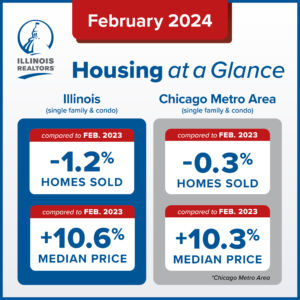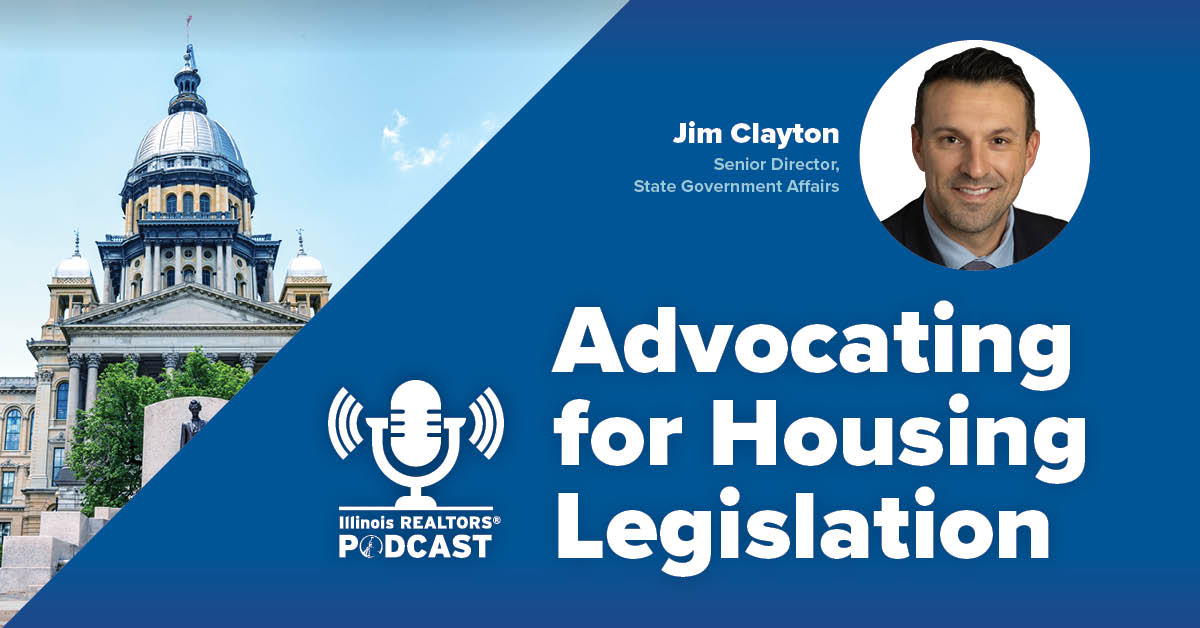The importance of FHA financing has grown substantially in the last few years because conventional mortgage financing has become harder to obtain due to more stringent underwriting requirements. According to some estimates, 25 percent of homes purchased this year in the United States will use an FHA-insured mortgage, up from 2 percent just three years ago. The number in the metro Chicago condo market could be even higher.
Therefore, the recent announcement that the Federal Housing Administration (FHA) has delayed the implementation of rules, which could make life more difficult for condo buyers in the metro Chicago real estate market and across the country came as a relief to many. The delay should be especially helpful for those hoping to qualify for the first-time buyer tax credit that expires after Nov. 30.
The new FHA rules, which were to take effect Oct. 1, will now be effective on Nov. 2.
Files that were initiated prior to Nov. 2 will be processed under the old regulations, even if the loan does not close until after Nov. 2.
The new regulations are designed to improve the lending process, but they could cause some short-term delays in completing loans and closing purchases. The prime reason is that they eliminate what are known as “spot approvals” of individual condominium units. Instead, the entire condominium property will need to be approved before an FHA-insured loan can be used.
The new regulations also contain other restrictions that could make life more complicated for condo buyers, including stipulations that state:
- At least 50 percent of units in the project must be owner-occupied or under contract to owners who intend to occupy them.
- At least 50 percent of the total number of units planned in new construction condominiums must be sold or under contract before an FHA-insured mortgage can be closed.
- No more than 25 percent of the total floor area of a condo property can be used for commercial purposes.
- No more than 15 percent of the units can be more than 30 days past due on their assessment payments to the condominium association.
There is, however, some good news for borrowers in the new FHA regulations. They do eliminate the long time prohibition against the FHA financing units in condominiums where the homeowners association retains a right of first refusal.
Also the FHA will be able to insure loans in new condo conversions for any qualified buyer. Previously, only former rental tenants could get FHA financing for the first 12 months.




 Create professional development programs that help REALTORS® strengthen their businesses.
Create professional development programs that help REALTORS® strengthen their businesses.
 Protect private property rights and promote the value of REALTORS®.
Protect private property rights and promote the value of REALTORS®.
 Advance ethics enforcement programs that increase REALTOR® professionalism.
Advance ethics enforcement programs that increase REALTOR® professionalism.
 Protect REALTORS® by providing legal guidance and education.
Protect REALTORS® by providing legal guidance and education. Stay current on industry issues with daily news from Illinois REALTORS®, network with other professionals, attend a seminar, and keep up with industry trends through events throughout the year.
Stay current on industry issues with daily news from Illinois REALTORS®, network with other professionals, attend a seminar, and keep up with industry trends through events throughout the year.







